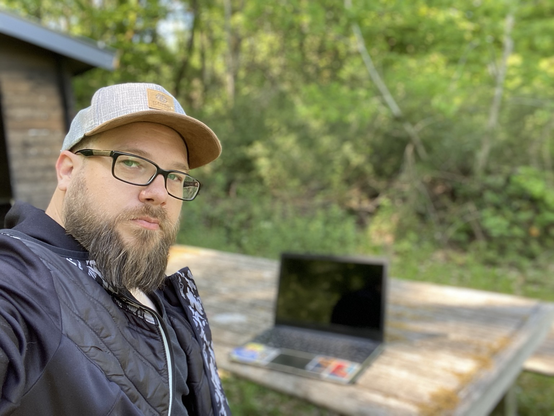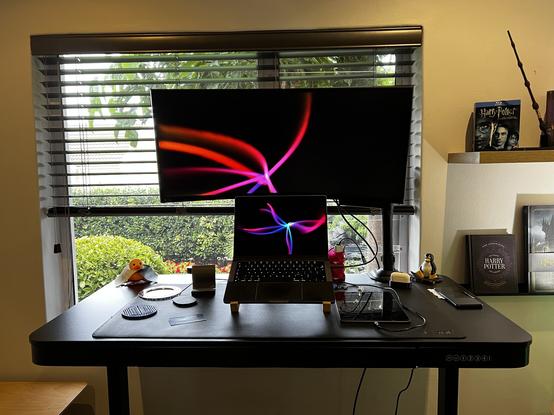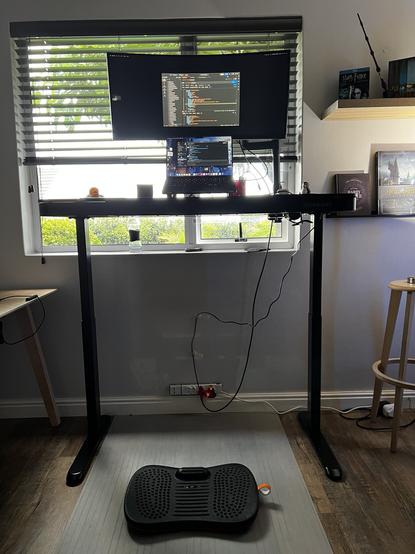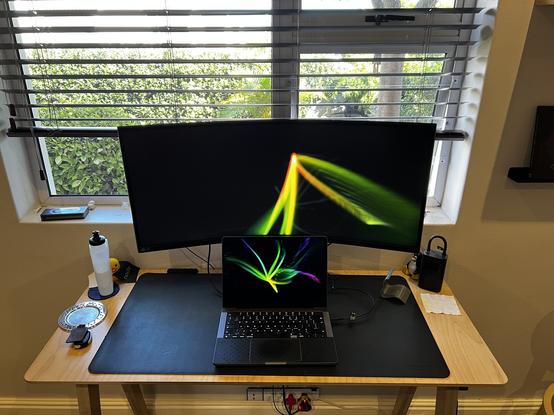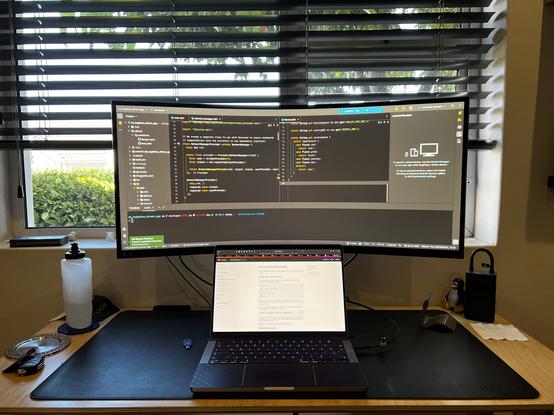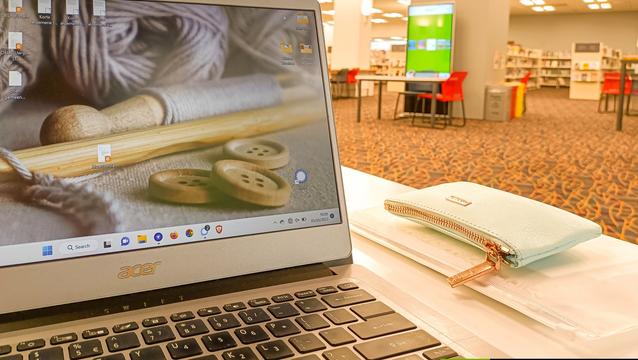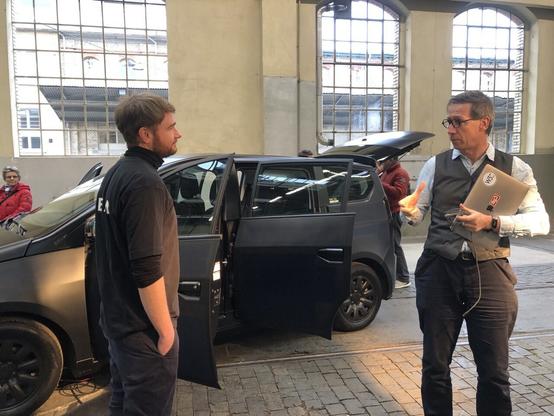- There were significant shifts underway in offices even prior to the pandemic. The crisis has accelerated this process by highlighting longstanding questions e.g. what’s the point of the office? Is it for brainstorming? For learning? Or is just a measuring stick of presenteeism?
- There’s significant evidence that hybrid working is here to stay, at least for the most privileged workers who are able to assert control over their own conditions of working life. This raises the prospect of a split between the hybrid haves and the hybrid have nots which might replace white collar and blue collar as the core schism within the workforce.
- A dominant narrative of occupational success is being challenged by the pandemic. Upward mobility and ever increasing job responsibility and workload, matched by increasing pay perks and job titles was seen to be the means to a good working life. She describes this as a busy merry go round of the always on life which is now being called into question. In practice this meant that working hard for upwards advancement was seen as the only model of occupational development and if you don’t pursue this (or try and fail) then you’re regarded as a failure. However she cautions that the lack of career structure in the nowhere office can be a problem, particularly for those who get caught in a mid career state.
- She draws out the distinction between the mitigation of inequalities caused by online working (equal squares, formality of process, less emphasis on being clubbable) and the material inequalities involved in who can afford to have a workable home office under safe and comfortable conditions.
- The most interesting section so far is corporate leaders sharing their observations: social capital harder to build over zoom, it degrades and there’s a cost to neglecting it. There’s a lack of feedback on zoom, a lack of sense making after meetings which undermines the formation of organisational cultures. These observations are very relevant for my [[postdigital science and education paper]].
- Networks have to be begin somewhere! She usefully cautions against disregarding trivial and fleeting encounters. She argues for a Chief network officer who is responsible for creating connections, ensuring voice and ensuring meetings. It’s interesting to think about research networks and research institutes in these terms. It’s one of the rare ways in which academic modes of organisation are actually well thought out.
- There’s more autonomy involved in working off site and this means that hybrid working inherently poses a challenge to established structures of control within the workplace. Furthermore it invites a broader reflexivity about the purpose of the office, suggesting we need to establish the functions which it serves (for whom and how often) rather than simply recognise it clearly does something without establishing what this is or optimising it to take best advantage of it.
https://markcarrigan.net/2024/08/29/my-notes-on-the-nowhere-office-by-julia-hobsbawm/

